
- August 25, 2023
- Dennis Frank
- 1
Table of Contents
How do I Choose a Cryptocurrency Exchange
Cryptocurrency Exchanges are digital marketplaces where traders can buy, sell, and exchange cryptocurrencies. With the growing popularity of digital assets, there are countless cryptocurrency exchanges available today. However, not all exchanges are created equal. Choosing the right exchange can make or break your investment experience. In this article, you’ll learn how to choose the best cryptocurrency exchange based on various factors.
Understanding Cryptocurrency Exchanges
Cryptocurrency exchanges are an essential part of the crypto ecosystem. They provide a platform for traders to buy and sell digital assets, and they play a crucial role in determining the market price of cryptocurrencies.
What is a Cryptocurrency Exchange?
A cryptocurrency exchange is a digital platform that allows you to exchange one type of digital asset for another. These exchanges act as intermediaries between buyers and sellers of different cryptocurrencies. The exchange matches buy and sell orders to determine a fair market price for each asset. The transaction is executed once the buyer and seller agree to the price and terms of the trade.
When you use a cryptocurrency exchange, you will need to create an account and provide some personal information. This information is used to verify your identity and prevent fraud. Once your account is set up, you can deposit funds into your account and start trading.
Types of Cryptocurrency Exchanges
There are several types of cryptocurrency exchanges available in the market. These include:
- Centralized exchanges (CEX)
- Decentralized exchanges (DEX)
- Hybrid exchanges
Centralized Exchanges (CEX)
A centralized exchange (CEX) is a traditional exchange run by a company or group of people. They operate as a middleman between buyers and sellers and charge fees for each trade. Centralized exchanges are more user-friendly and are ideal for traders who are new to the crypto market.
Centralized exchanges offer several advantages over decentralized exchanges. They have higher liquidity, which means that there are more buyers and sellers on the platform. This makes it easier to buy and sell cryptocurrencies quickly. Centralized exchanges also have faster transaction processing times and more trading pairs. They also have more advanced trading features and offer more user-friendliness.
However, centralized exchanges come with a higher risk of hacks and breaches. Since these exchanges are run by a central authority, they are more vulnerable to security threats. In recent years, several centralized exchanges have been hacked, resulting in the loss of millions of dollars worth of cryptocurrencies.
Decentralized Exchanges (DEX)
A decentralized exchange (DEX) operates on a blockchain network and does not have a central authority. Instead, transactions are executed directly between buyers and sellers using smart contracts. Decentralized exchanges are more secure and offer greater privacy compared to centralized exchanges. However, they are also less user-friendly and have lower liquidity.
Decentralized exchanges offer several advantages over centralized exchanges. They offer greater security and privacy, as they do not rely on a central authority. Users have control over their funds and can execute trades directly without the need for an intermediary. Decentralized exchanges are also more resistant to hacks and breaches, as there is no central point of failure.
However, decentralized exchanges have several drawbacks. They have lower liquidity, which means that there are fewer buyers and sellers on the platform. This makes it harder to buy and sell cryptocurrencies quickly. Decentralized exchanges also have fewer trading pairs and are less user-friendly. They also have slower transaction processing times compared to centralized exchanges.
Hybrid Exchanges
A hybrid exchange combines the best features of both centralized and decentralized exchanges. These exchanges offer higher liquidity and advanced trading features, and they are also more secure and private.
Hybrid exchanges operate on a decentralized network, but they have a central authority that manages the exchange. This allows them to offer the benefits of both centralized and decentralized exchanges. Hybrid exchanges have higher liquidity, faster transaction processing times, and more trading pairs compared to decentralized exchanges. They also offer greater security and privacy compared to centralized exchanges.
Centralized vs. Decentralized Exchanges
Centralized and decentralized exchanges differ in several ways. Centralized exchanges offer higher liquidity, faster transaction processing, and more trading pairs. They also have more advanced trading features and offer more user-friendliness. However, they come with a higher risk of hacks and breaches.
On the other hand, decentralized exchanges offer greater security and privacy, as they do not rely on a central authority. Users have control over their funds and can execute trades directly without the need for an intermediary. However, they have lower liquidity, fewer trading pairs, and are less user-friendly.
When choosing a cryptocurrency exchange, it is important to consider your trading needs and your level of experience. If you are new to the crypto market, a centralized exchange may be a better option, as they are more user-friendly. However, if you value security and privacy, a decentralized exchange may be a better choice.
Factors to Consider When Choosing an Exchange
Choosing a cryptocurrency exchange can be a daunting task, especially for beginners. With so many options available in the market, it can be difficult to know which exchange to choose. In this article, we will explore some of the factors you should consider when choosing an exchange.
Security and Reputation
Security is a top priority when it comes to choosing a cryptocurrency exchange. You want to make sure that your funds are safe and secure. Look for exchanges that have a good reputation in the market and have never been hacked. Exchanges with a history of hacks and security breaches are not reliable and may put your funds at risk. Look for exchanges that use advanced security features such as two-factor authentication (2FA) and SSL encryption.
Reputation is also an important factor to consider. Look for exchanges that have a good track record and are well-known in the industry. Check online reviews and forums to see what other users are saying about the exchange. A good reputation is a sign that the exchange is trustworthy and reliable.
Fees and Commissions
Fees are an important factor to consider when choosing an exchange. Look for exchanges that have reasonable fees and commissions, and that do not charge hidden fees. Some exchanges have different fee structures depending on the type of trade, so make sure to understand the fee structure before trading.
It’s also important to consider the cost of transferring funds to and from the exchange. Some exchanges charge high fees for deposits and withdrawals, which can eat into your profits.
Available Cryptocurrencies and Trading Pairs
Another important factor to consider is the range of cryptocurrencies and trading pairs offered by the exchange. Look for exchanges that offer a wide range of cryptocurrencies and trading pairs. The more trading pairs an exchange has, the easier it will be for you to execute trades. Also, check if the exchange allows you to trade in your local currency.
It’s also worth considering the liquidity of the exchange. A highly liquid exchange will have more buyers and sellers, which means that you can execute trades quickly and at a fair price.
User Interface and Ease of Use
A good user interface is important when choosing an exchange. Look for exchanges that have a user-friendly platform and offer advanced trading features such as limit orders or stop-loss orders. A good platform should be easy to navigate and should provide sufficient information to help you make informed investment decisions.
It’s also worth considering the mobile app of the exchange. A good mobile app can be very convenient for trading on-the-go.
Customer Support and Community
Customer support is another important factor to consider. Look for exchanges that offer 24/7 customer support and have a responsive community. You should be able to contact customer support easily via chat, email, or telephone. It’s also a good idea to join exchange communities and forums to stay up-to-date with the latest news and trends in the market.
Finally, it’s worth considering the educational resources offered by the exchange. Some exchanges offer tutorials, webinars, and other resources to help you learn more about cryptocurrency trading.
By considering these factors, you can choose an exchange that meets your needs and helps you achieve your investment goals.

Geographic Restrictions and Regulations
Cryptocurrency has become a global phenomenon, with millions of people around the world investing in it. However, the regulations surrounding cryptocurrency are not the same everywhere. Different countries have different laws and regulations that govern the use and trading of cryptocurrencies.
Country-Specific Regulations
It is important to note that some countries do not allow cryptocurrency trading at all. For example, China has banned initial coin offerings (ICOs) and cryptocurrency exchanges. On the other hand, Japan has legalized cryptocurrency as a payment method and has a licensing system for cryptocurrency exchanges. In the United States, the regulation of cryptocurrency is complex and varies from state to state.
Therefore, it is crucial to research and understand the regulations in your country before investing in cryptocurrency. Look for exchanges that operate in your country and are compliant with local regulations. This will help you avoid any legal issues and ensure that your investments are protected.
KYC and AML Policies
Safeguarding against money laundering is a key concern for regulators when it comes to cryptocurrency. To comply with regulations, exchanges require you to provide personal identification documents and undertake verification procedures which must be completed successfully to obtain verified account status. This is known as the KYC (Know Your Customer) and AML (Anti-Money Laundering) policies.
It is important to note that different exchanges have different verification levels and requirements. Some exchanges may require more information than others, such as proof of address or source of funds. Therefore, it is important to research the different requirements of each exchange before choosing one to trade on.
In conclusion, understanding the geographic restrictions and regulations surrounding cryptocurrency is crucial for anyone looking to invest in it. By researching the regulations in your country and choosing a compliant exchange with appropriate verification procedures, you can ensure that your investments are safe and legal.
Account Types and Verification Levels
Basic Accounts
Most exchanges offer a basic account that has limited functionality. These accounts are ideal for traders who are new to the market or for those who want to explore the platform before committing a large amount of capital.
Verified Accounts
Verified accounts have access to more trading features and often have higher trading limits. To obtain a verified account, you will need to undergo a KYC verification process and provide personal identification documents.
Institutional Accounts
Institutional accounts are designed for businesses or high-net-worth individuals. These accounts have higher trading limits and offer more advanced trading features. To obtain an institutional account, you will need to provide additional documentation and meet specific criteria set by the exchange.
In Conclusion
Choosing the right cryptocurrency exchange is crucial for any trader or investor. By considering the factors mentioned in this article, you can select an exchange that meets your needs and objectives. Whether you are new to the market or an experienced trader, doing your research and selecting the right exchange will be the key to a successful investment experience.








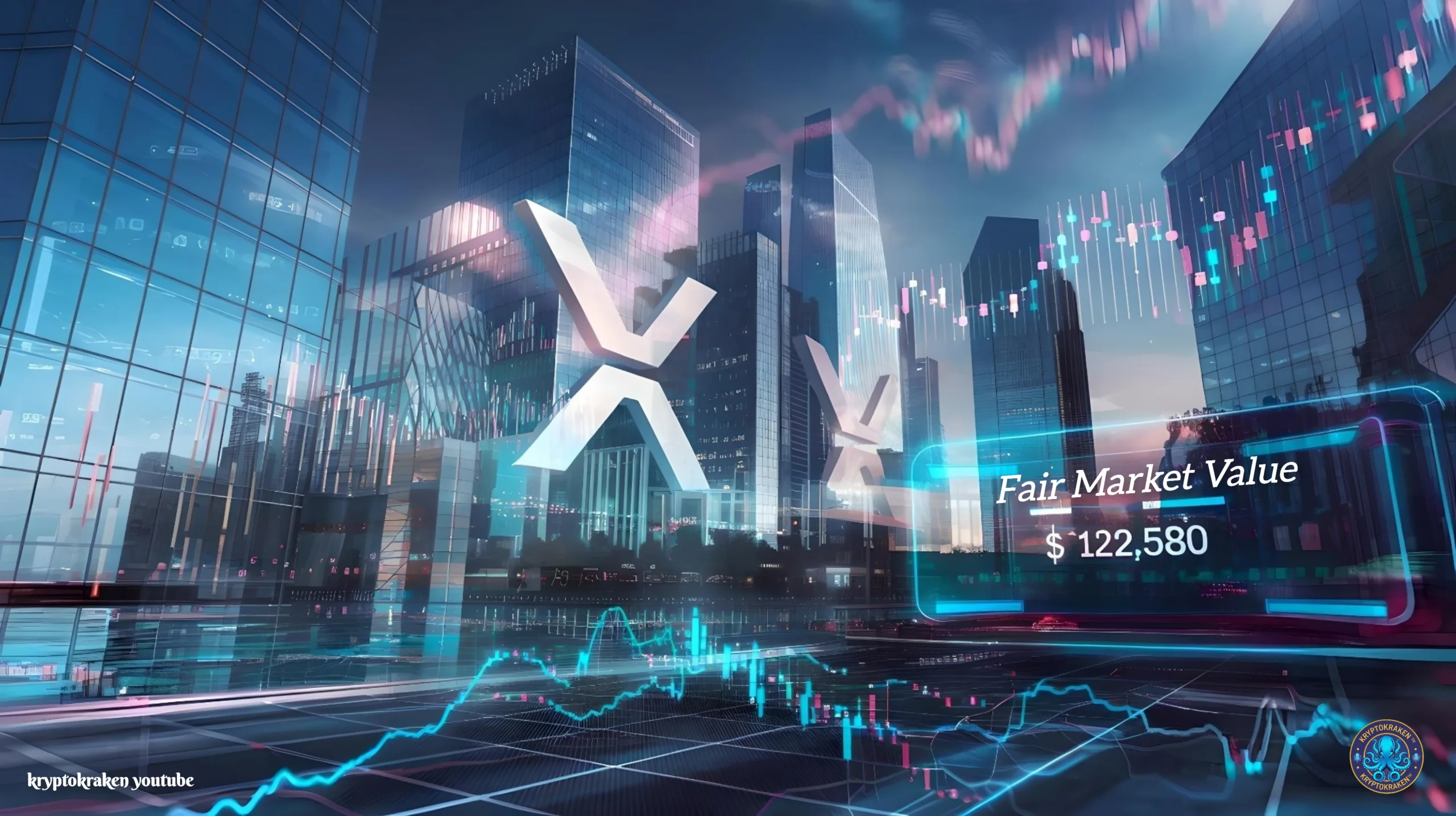
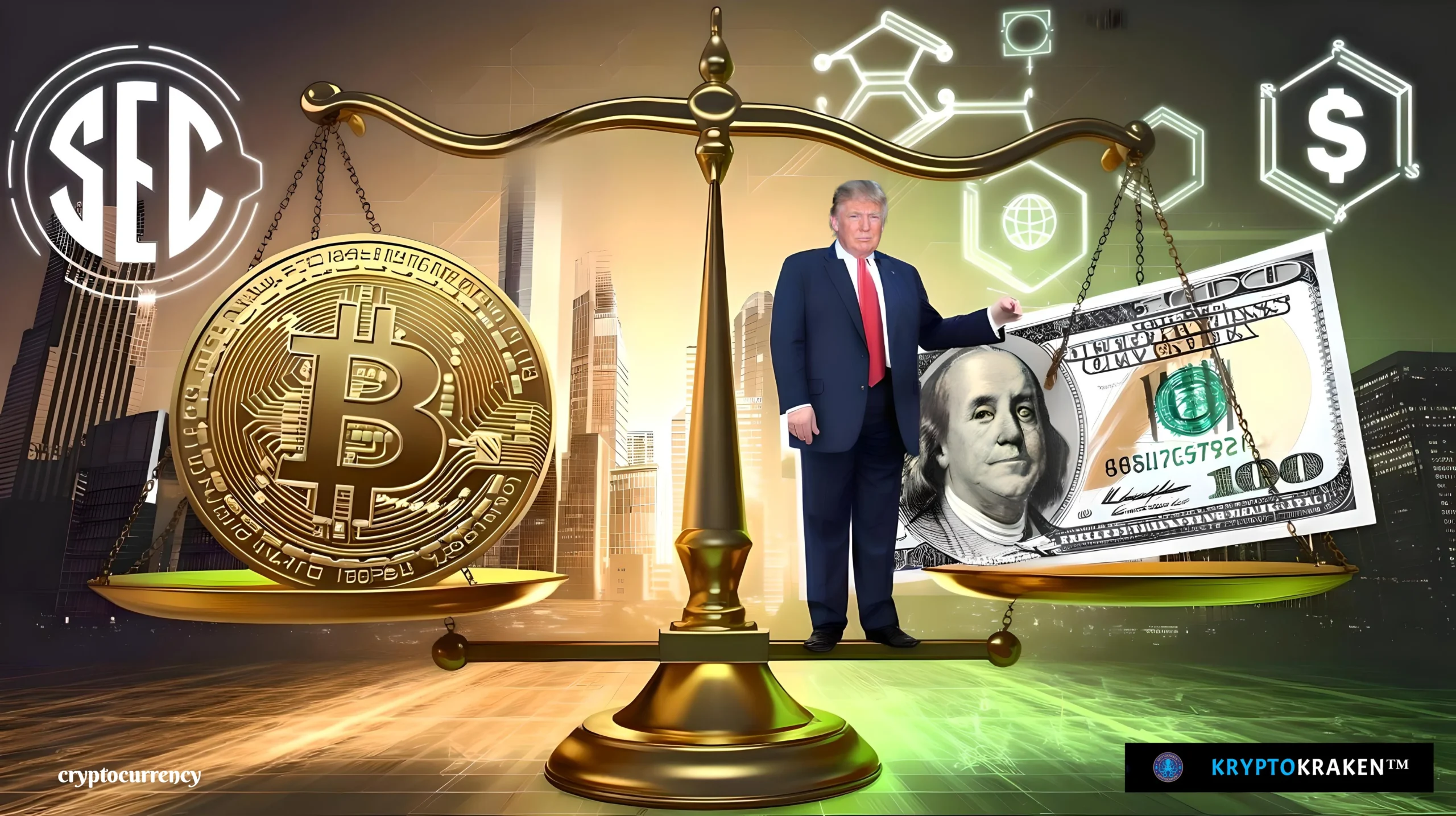


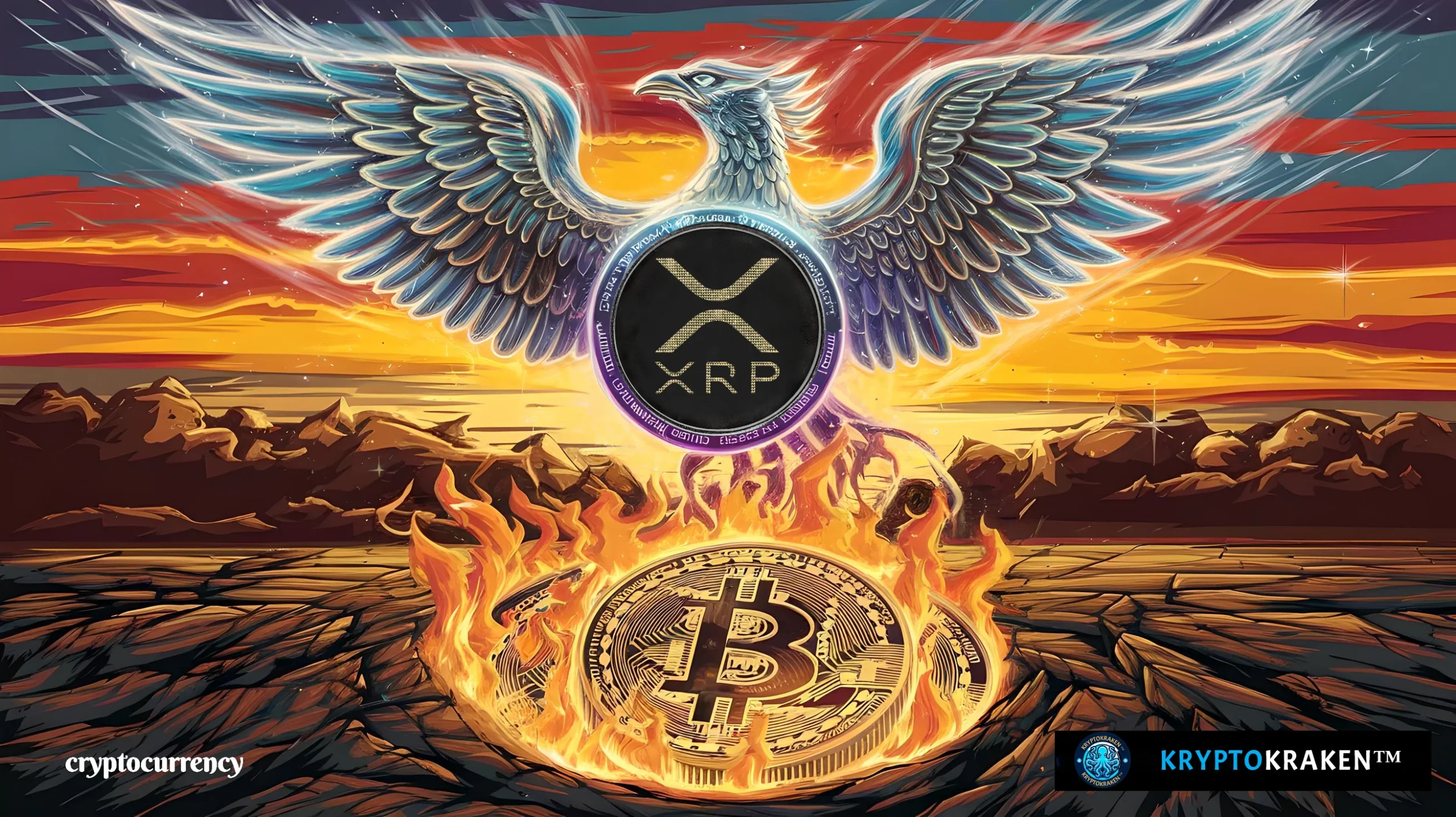




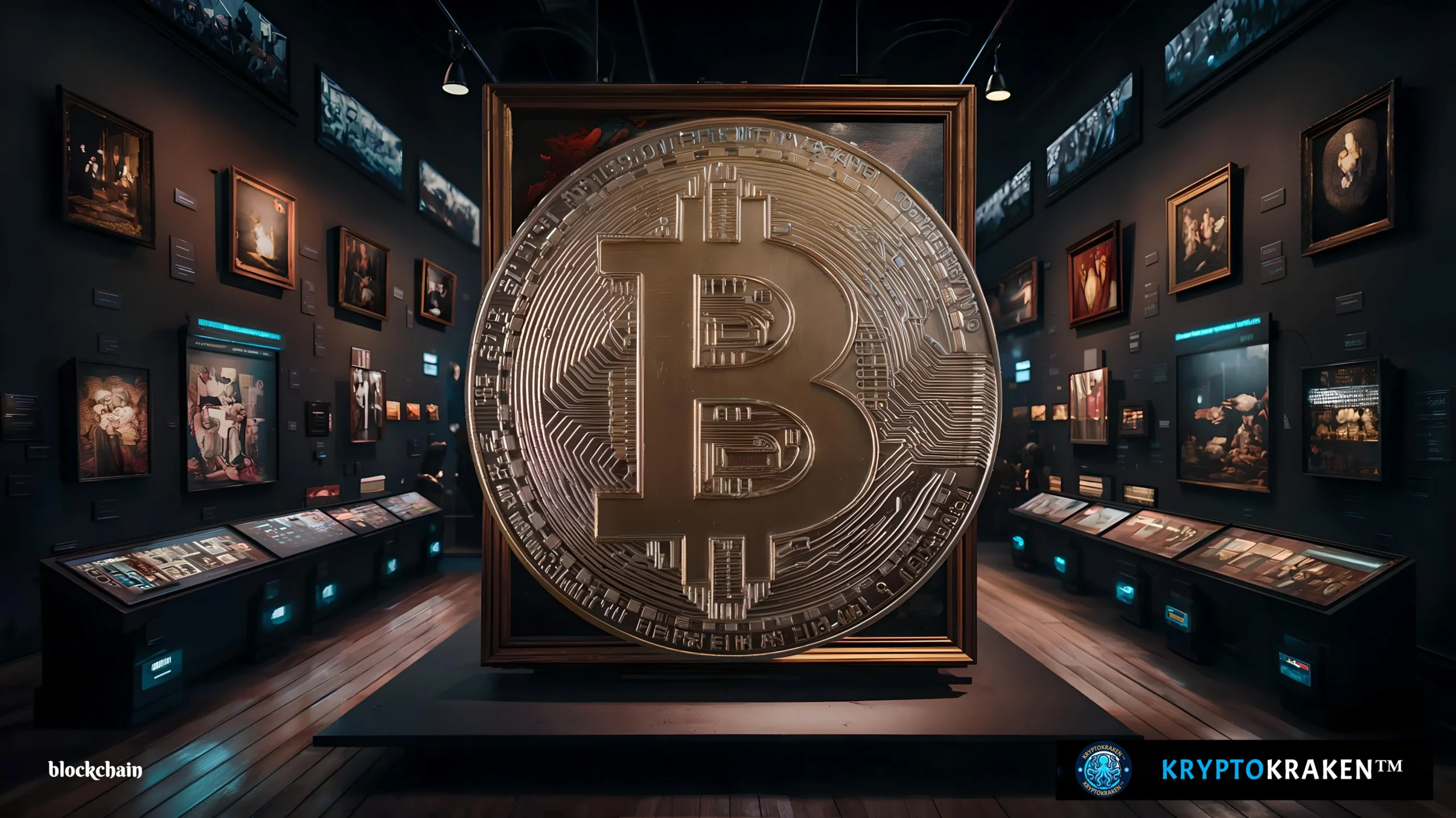


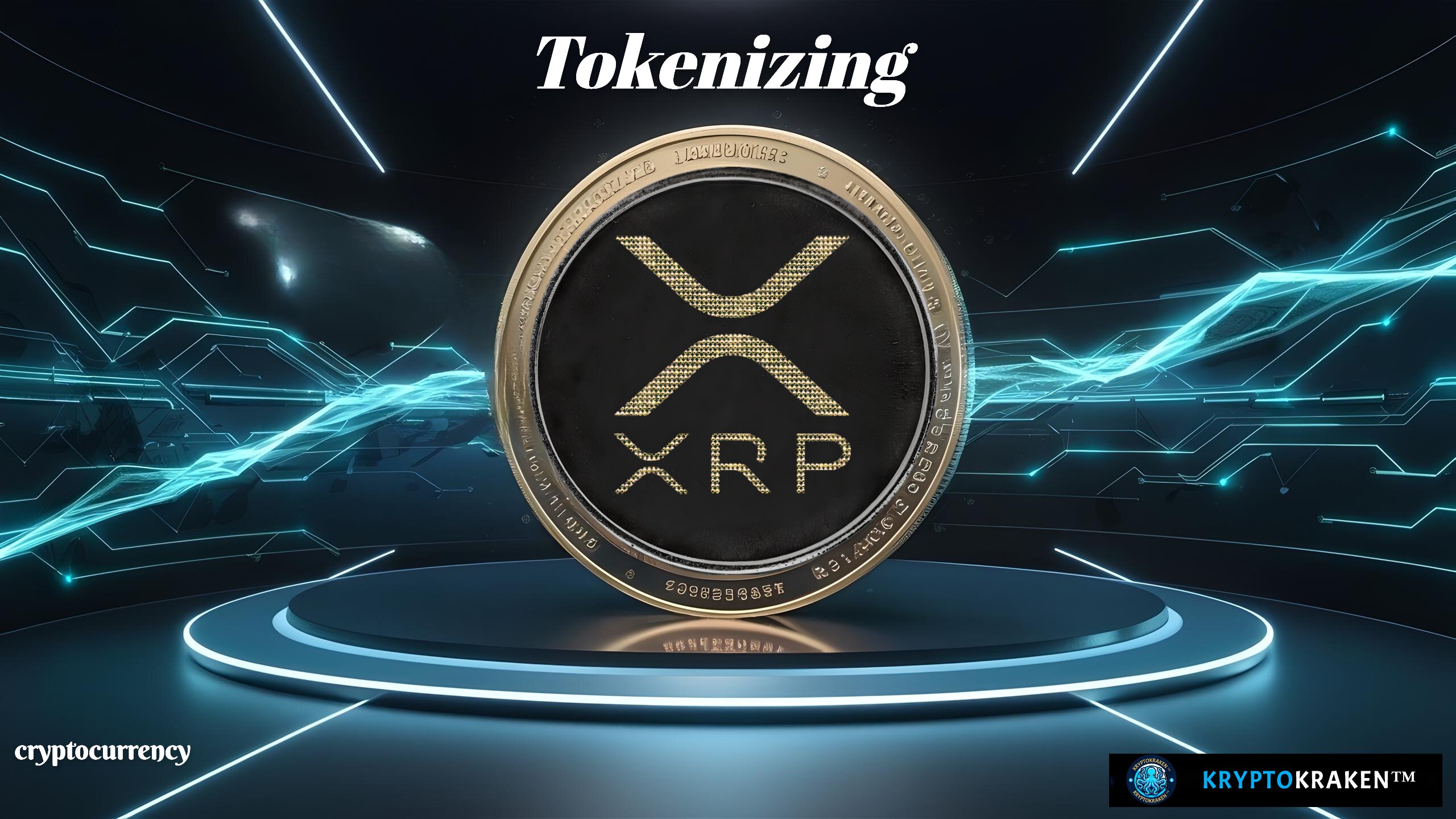














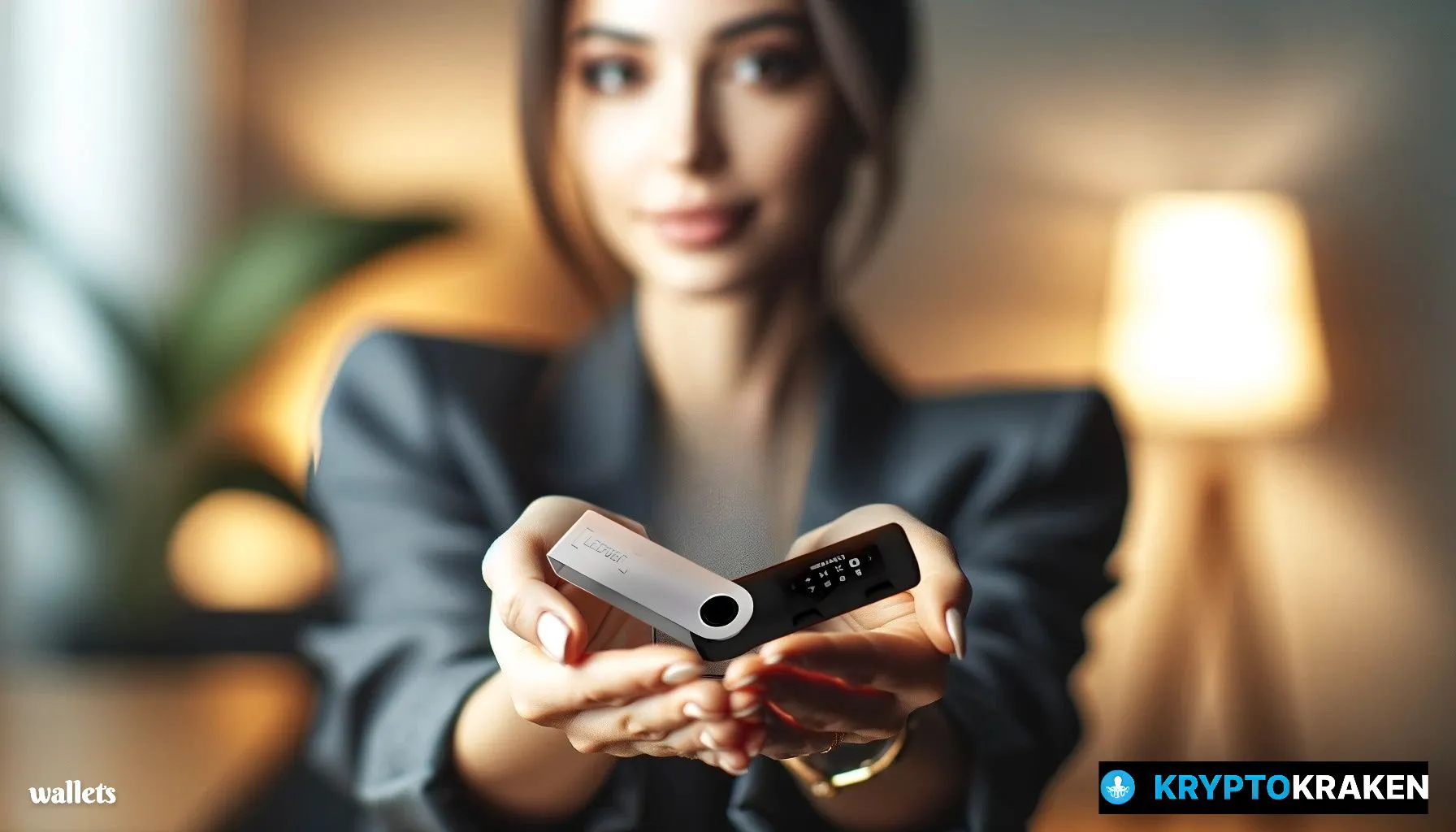




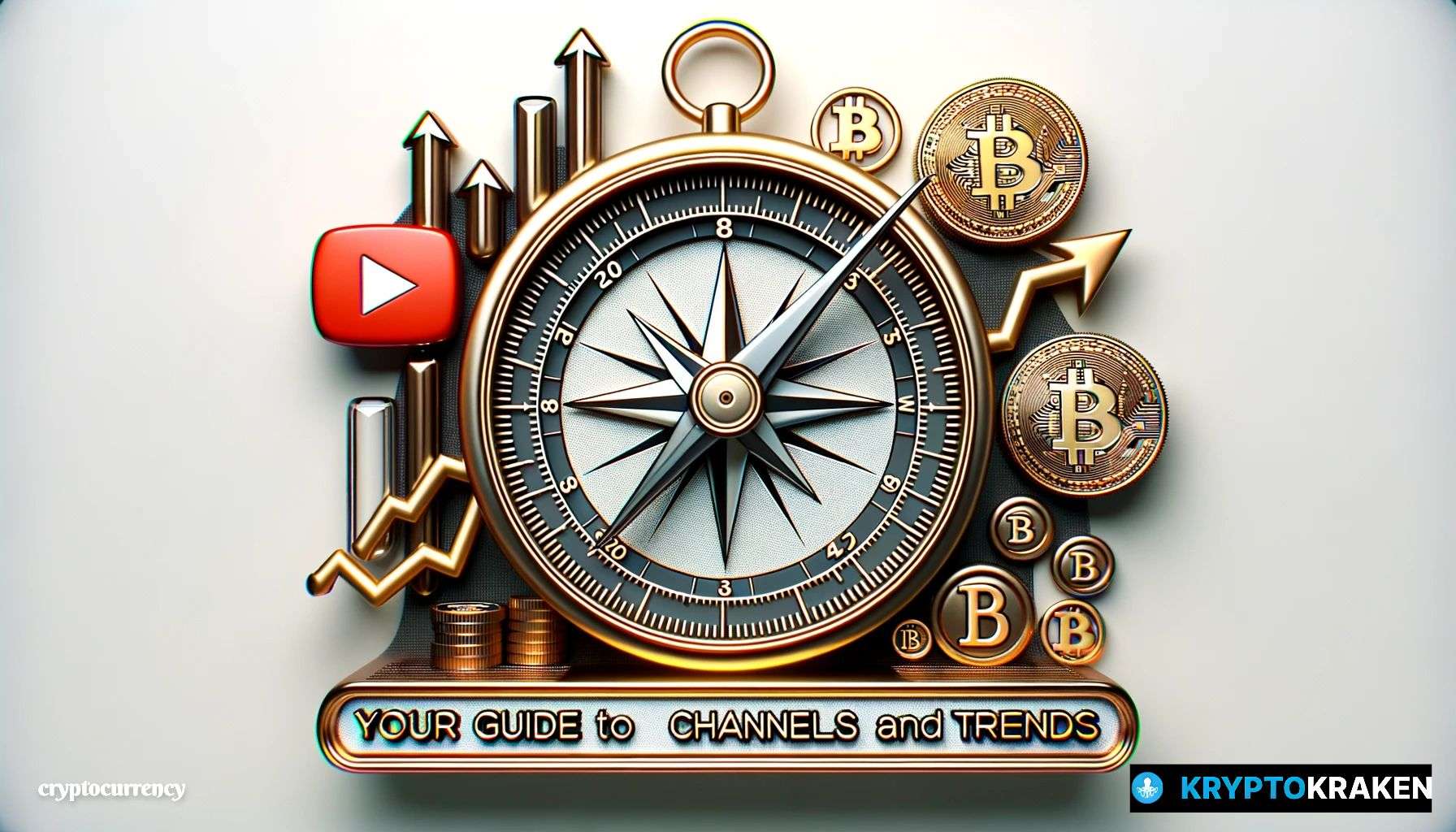







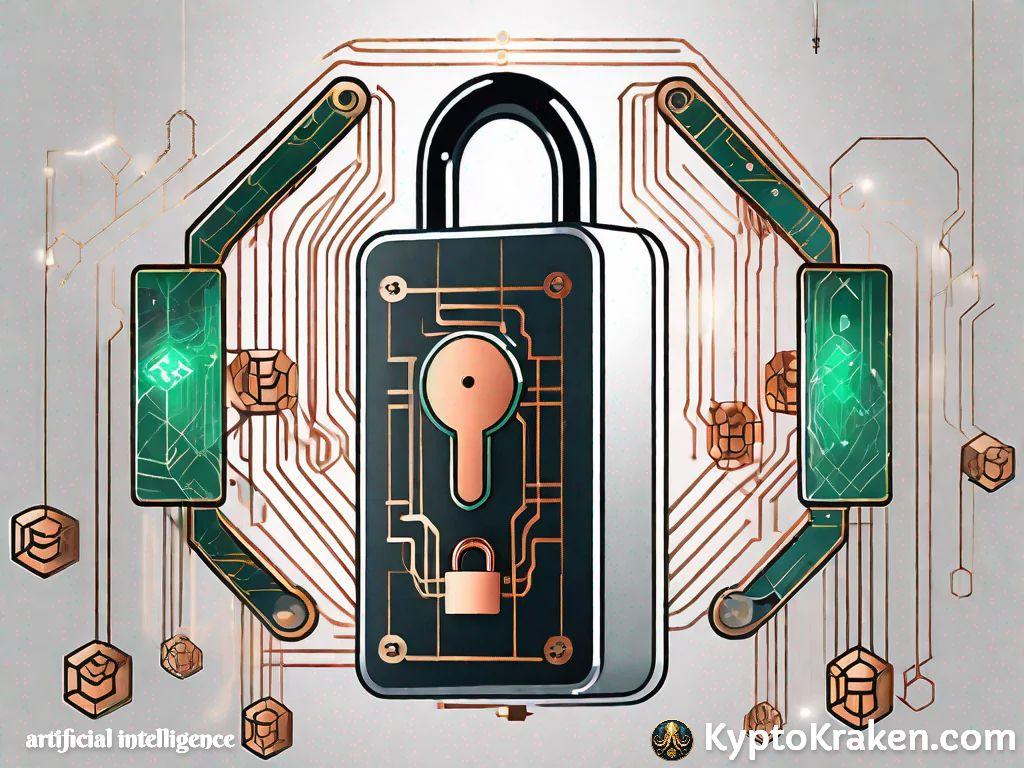


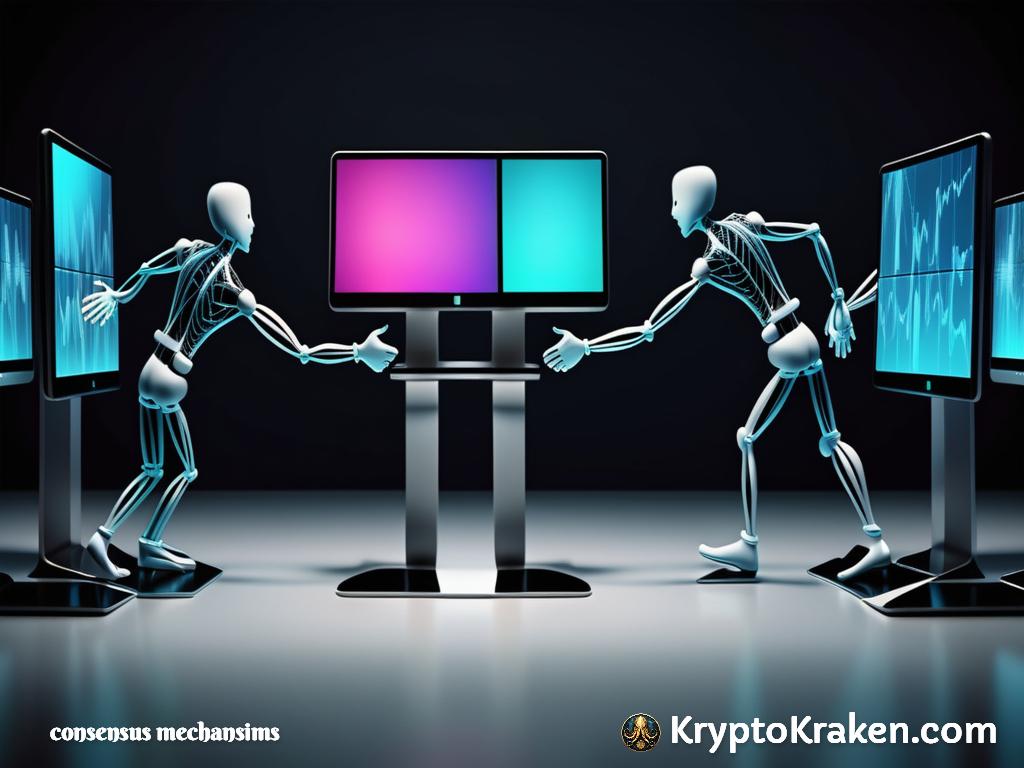











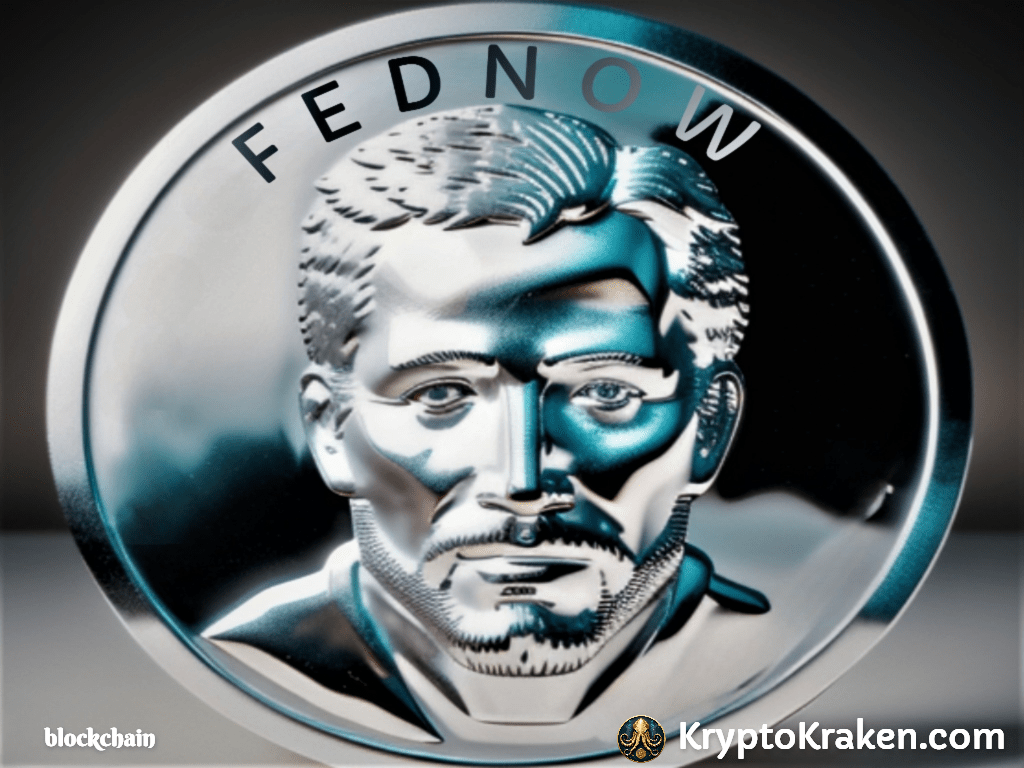
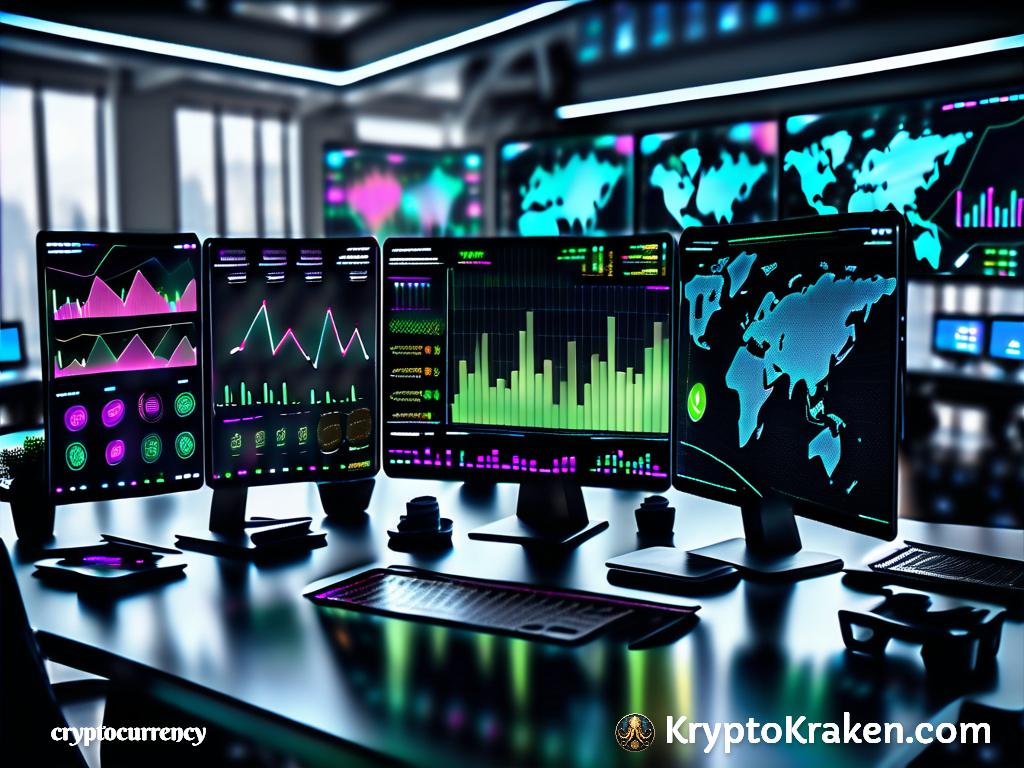



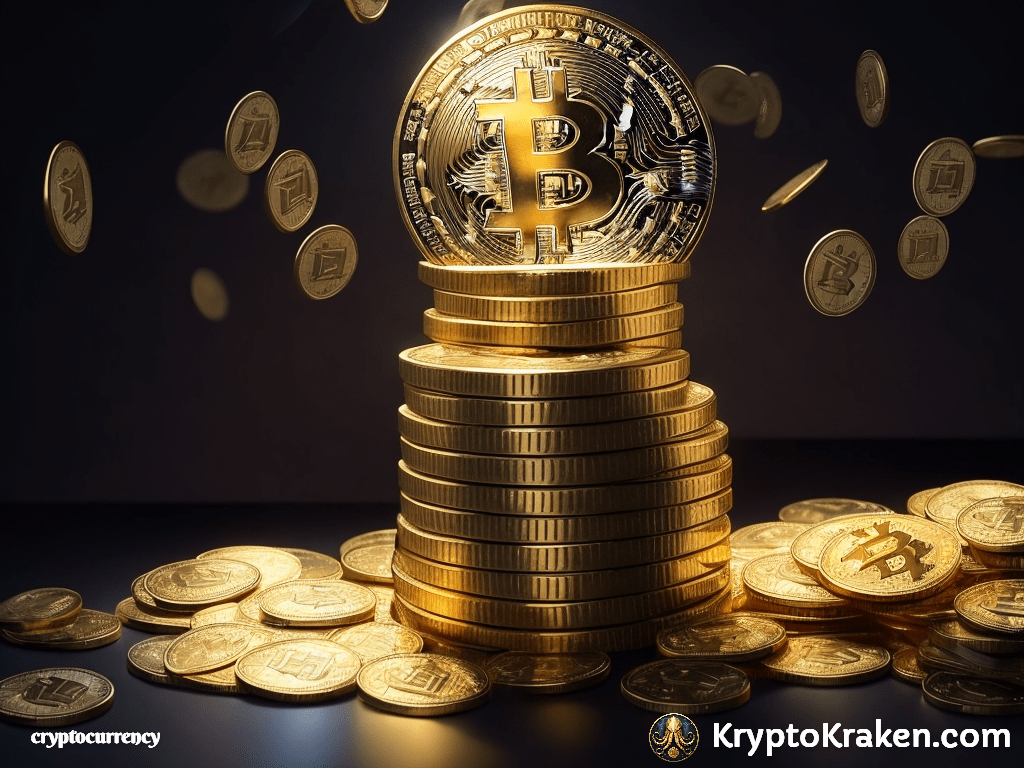

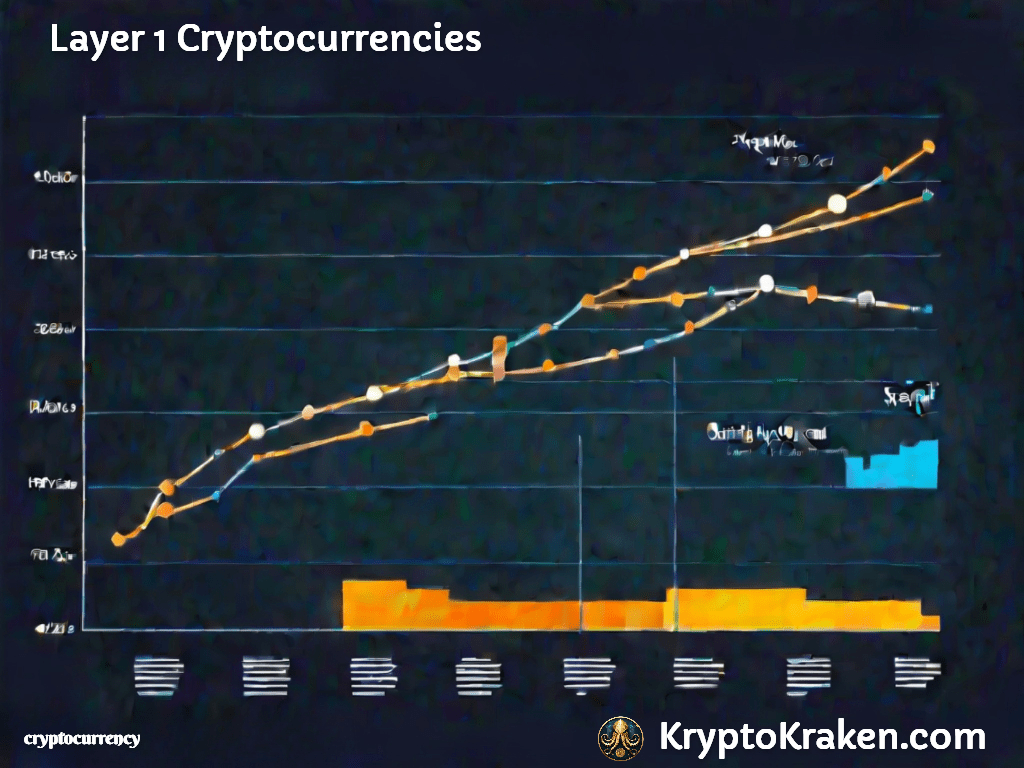

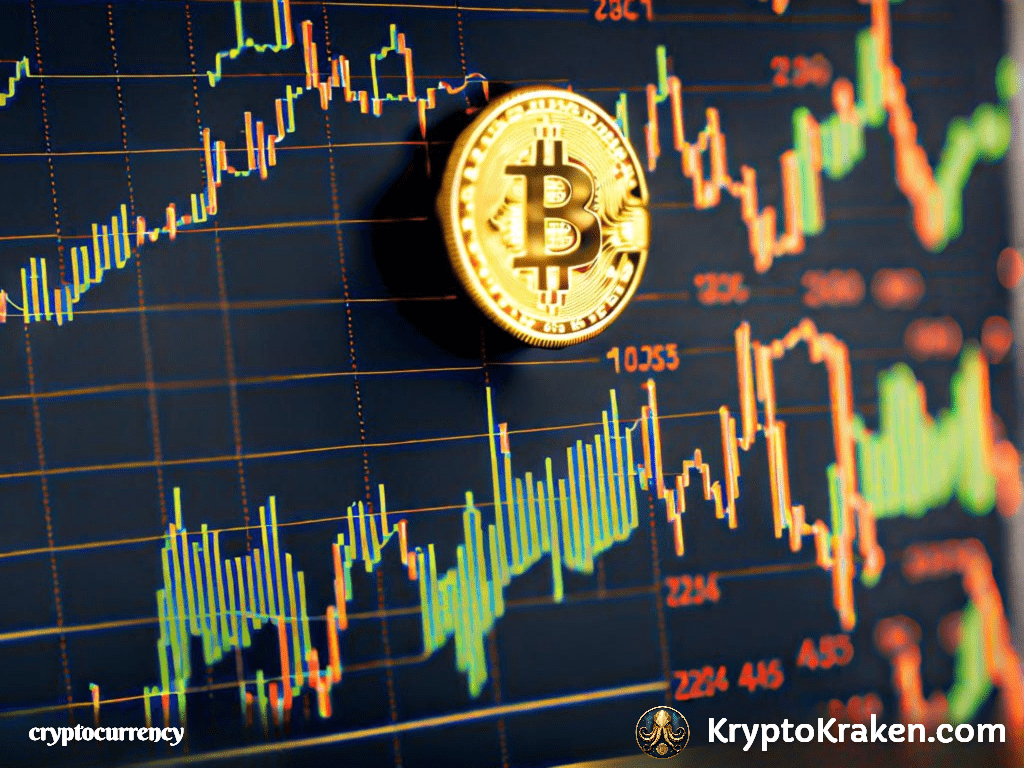

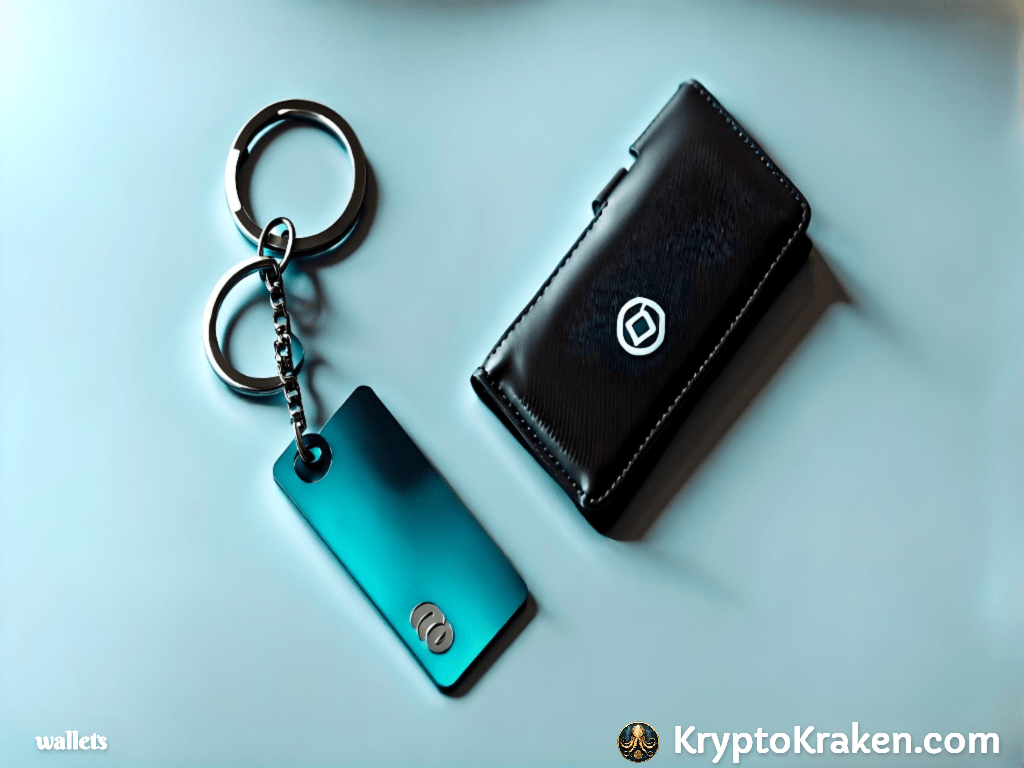






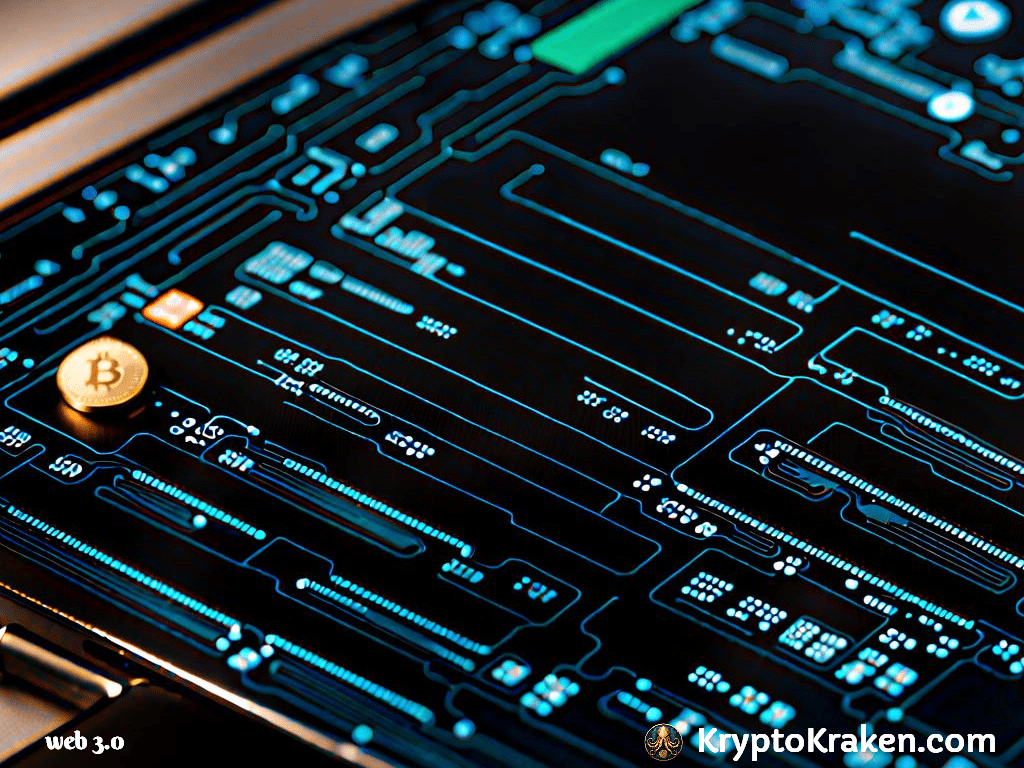








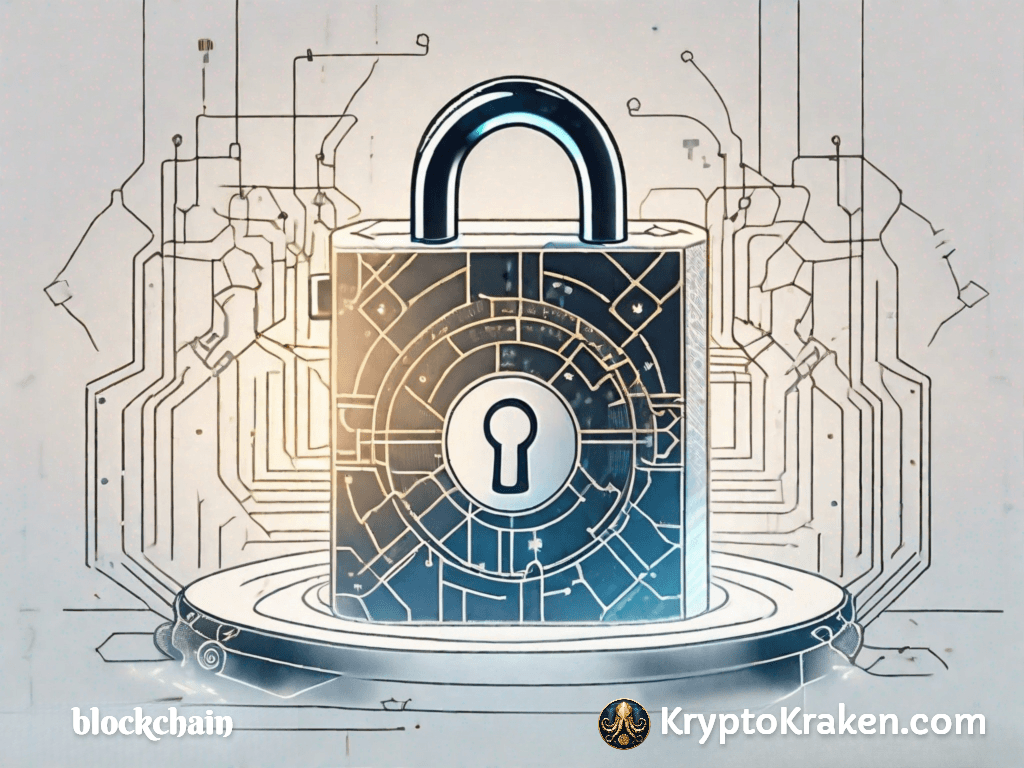
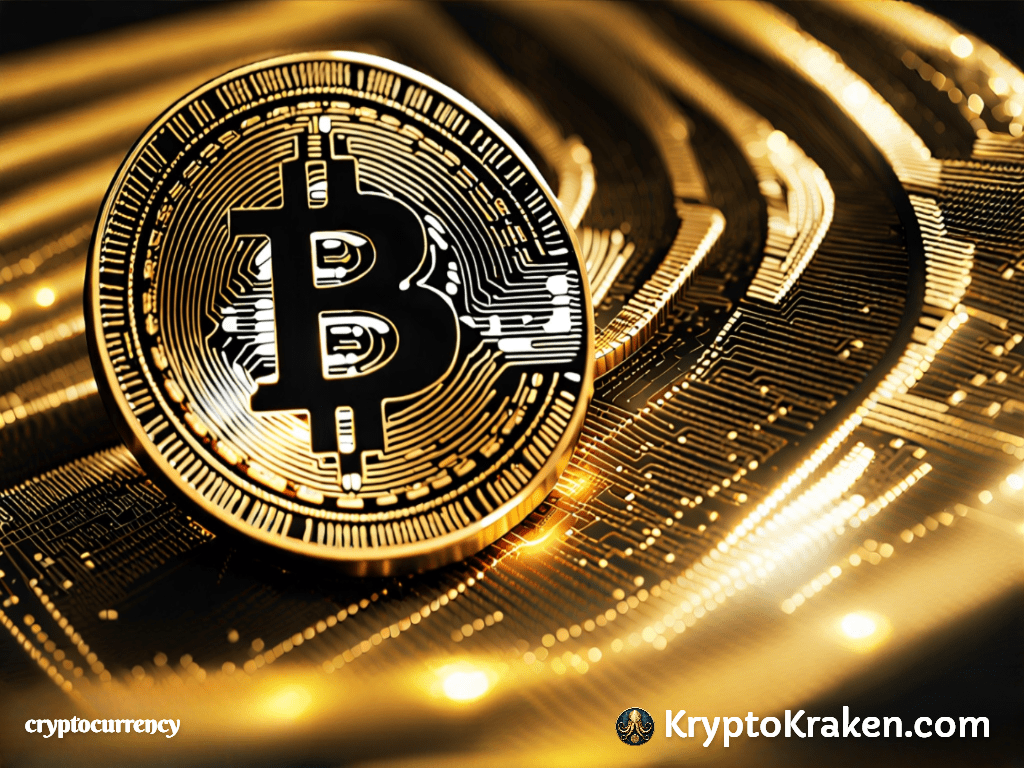







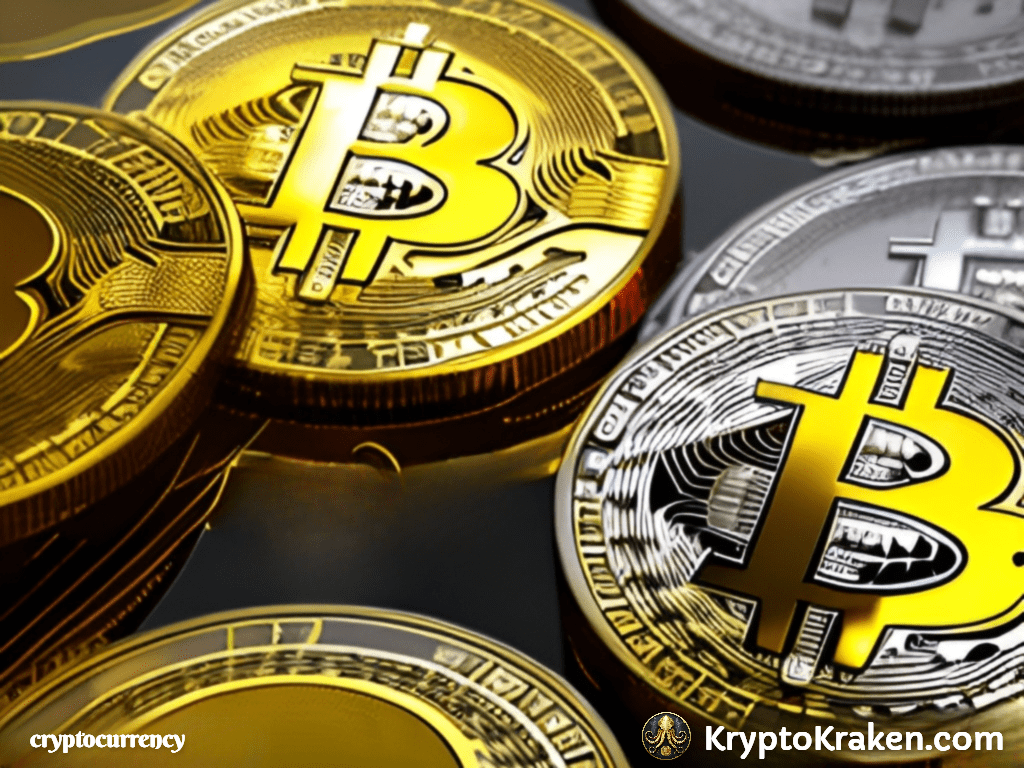

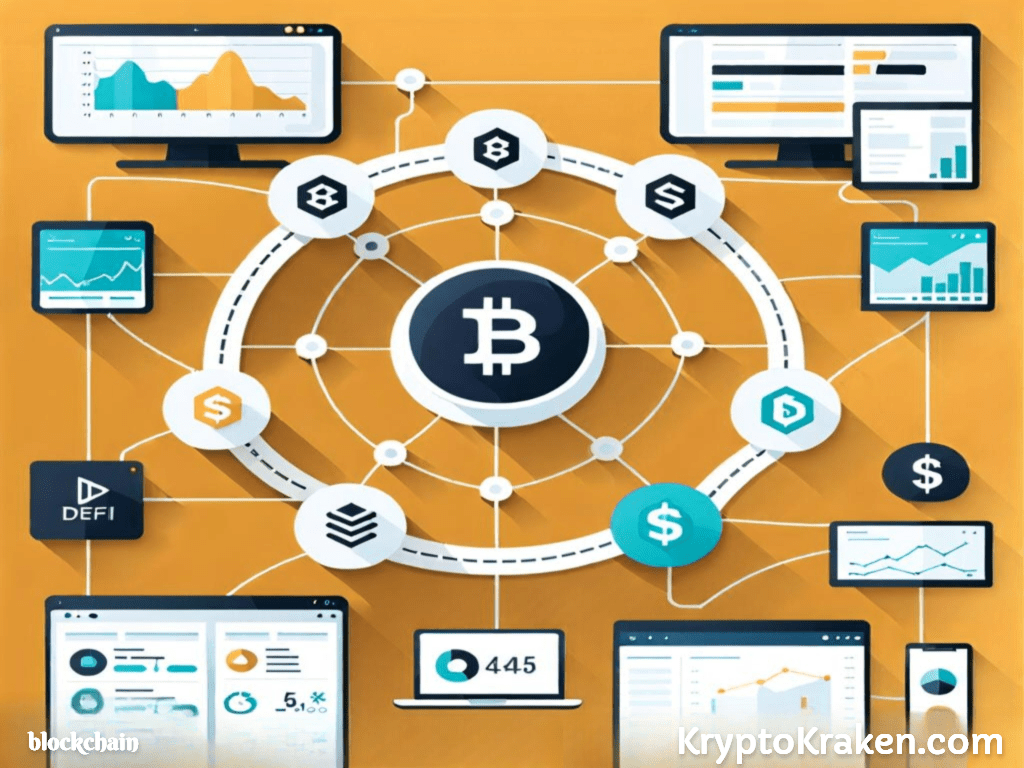
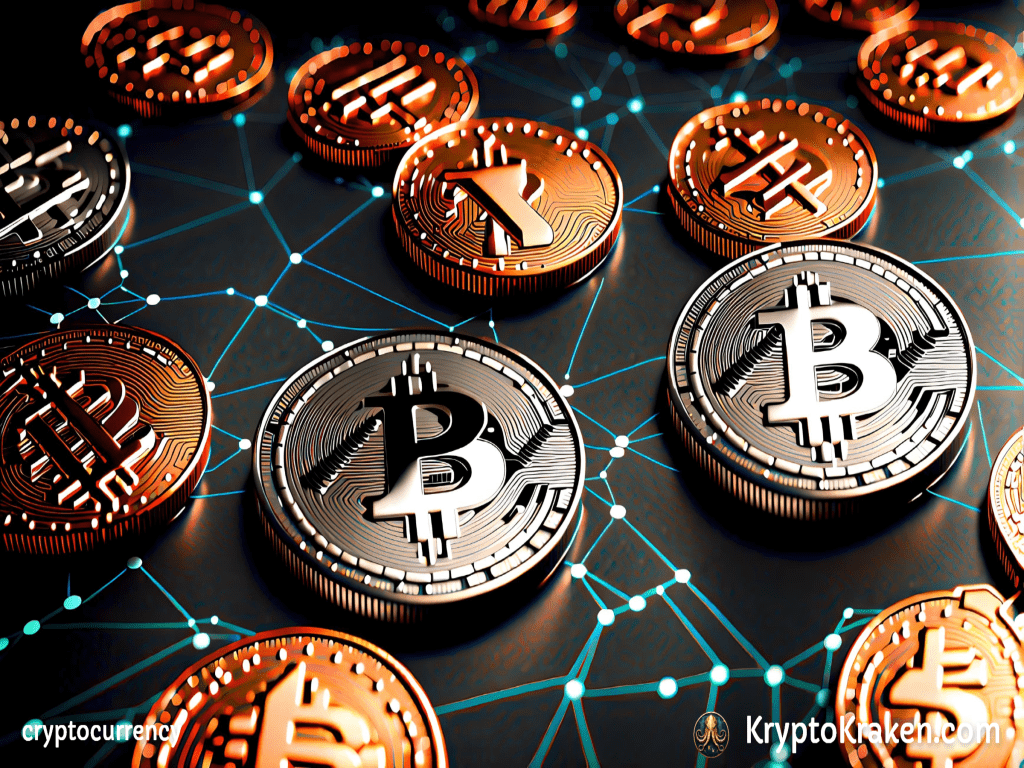

1 comment on “How do I Choose a Cryptocurrency Exchange”